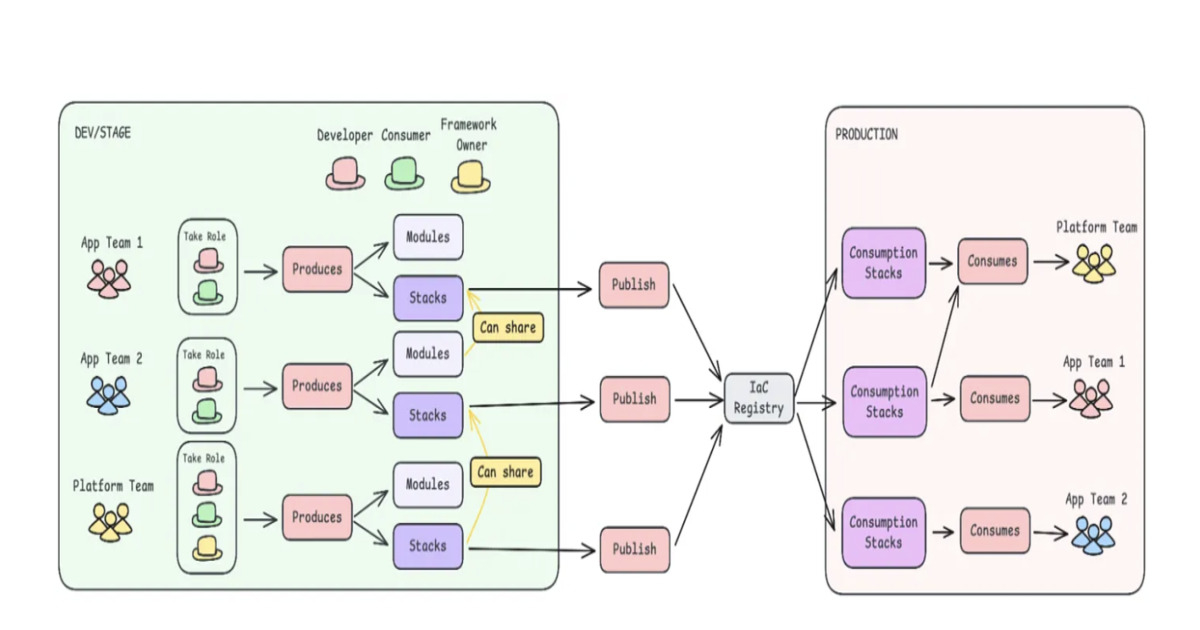Codetown
Codetown ::: a software developer's community
Class Family Accord
Class Family Accord - Abstract
An Accord class family is a hierarchy of classes for which another class hierarchy has been designated as corresponding. Class A0 is the top of the class family, class A1 extends A0, class An extends An-1.
The partner of this class family is B0 at the top, Bn extends Bn-1. Class family A and B are have an Accord relationship if, by design intention, An corresponds to Bn. In each level, there is at least one method that overrides or defines a variant with a behavior representative of the progression of requirements.
The intention of this design concept is to maintain this correspondence when, as requirements evolve, the design calls for extending An and Bn into An+1 and Bn+1. The reason for maintaining this relationship would be that A has new or refined behaviors that only make sense with reference to the state or behaviors of B at the same level.
To realize this relationship in the Java programming language, a designer could simply document the intention. However, coding would inevitably require explicit down cast to force references to the intended levels. This white paper suggests a set of Java annotations to make the Accord relationship between class families explicit and generate the necessary dispatch code and casts. The resulting generated code would in effect provide a parametric override capability.
At a minimum an annotation @Accord designates a class as the head or subclass in a class family. Its attribute has an attribute, partner, to identify the other class family. Methods that are intended to follow the progression are annotated as @Covariant. The effect is to make the method be a covariant override. Its parameter referring to a class at the same inheritance level in the partner family is treated a covariant. A prototype precompiler is (to be) provided for research purposes.
Notes
Welcome to Codetown!
 Codetown is a social network. It's got blogs, forums, groups, personal pages and more! You might think of Codetown as a funky camper van with lots of compartments for your stuff and a great multimedia system, too! Best of all, Codetown has room for all of your friends.
Codetown is a social network. It's got blogs, forums, groups, personal pages and more! You might think of Codetown as a funky camper van with lots of compartments for your stuff and a great multimedia system, too! Best of all, Codetown has room for all of your friends.
Created by Michael Levin Dec 18, 2008 at 6:56pm. Last updated by Michael Levin May 4, 2018.
Looking for Jobs or Staff?
Check out the Codetown Jobs group.
InfoQ Reading List
Google Launches Automated Review Feature in Gemini CLI Conductor

Google has enhanced its Gemini CLI extension, Conductor, by adding support for automated reviews. The company says this update allows Conductor "to go beyond just planning and execution into validation", enabling it to check AI-generated code for quality and adherence to guidelines, strengthening confidence, safety, and control in AI-assisted development workflows.
By Sergio De SimoneFrom Central Control to Team Autonomy: Rethinking Infrastructure Delivery

Adidas engineers describe shifting from a centralized Infrastructure-as-Code model to a decentralized one. Five teams autonomously deployed over 81 new infrastructure stacks in two months, using layered IaC modules, automated pipelines, and shared frameworks. The redesign illustrates how to scale infrastructure delivery while maintaining governance at scale.
By Leela KumiliGoogle Publishes Scaling Principles for Agentic Architectures

Researchers from Google and MIT published a paper describing a predictive framework for scaling multi-agent systems. The framework shows that there is a tool-coordination trade-off and it can be used to select an optimal agentic architecture for a given task.
By Anthony AlfordGoogle Cloud Brings Full OpenTelemetry Support to Cloud Monitoring Metrics

Google Cloud recently unveiled broad support for the OpenTelemetry Protocol (OTLP) in Cloud Monitoring, marking a step toward unifying telemetry collection across its observability stack.
By Craig RisiAWS Launches Agent Plugins to Automate Cloud Deployment

AWS launched Agent Plugins for AWS, providing AI coding agents with specialized deployment skills. The initial deploy-on-aws plugin transforms workflows by accepting commands like "deploy to AWS" and generating complete pipelines with architecture recommendations, cost estimates, and infrastructure code. Supported in Claude Code and Cursor, AWS claims 10-minute deployments versus hours manually.
By Steef-Jan Wiggers
© 2026 Created by Michael Levin.
Powered by
![]()
You need to be a member of Codetown to add comments!
Join Codetown